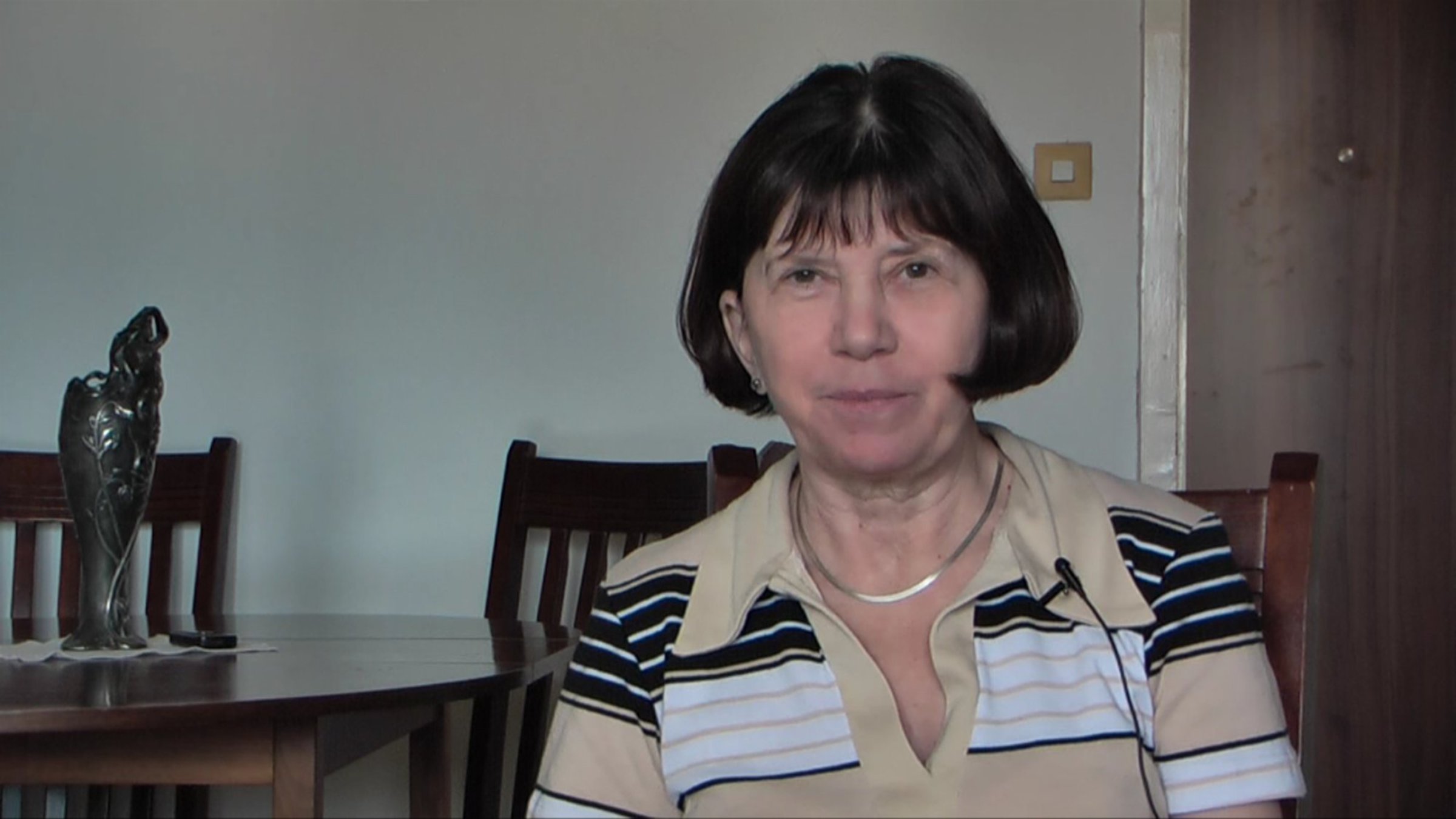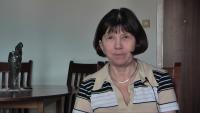Life during Kádár‘s dictatorship

Stáhnout obrázek
Horváth Lászlóné, Budapest, 1947 civil engineer Their family came from Transylvania, Romania. They were visiting their relatives in Transylvania, Romania for the first time in 1956, and were on a bus with a group of Romanians. The Romanians started singing songs in their language. She did not understand what the were singing but she realized that her cousin was getting nervous. He told her that it would be better to get off the bus since the song was anti-Hungarian. Several times it happened that when she entered a shop in Cluj (Kolozsvár) and tried to ask for something in Hungarian they did not serve her. One time she left the store, but a girl ran after her and told her that she was sorry, and warned her that she must not speak Hungarian. After 1956, a relative who was a teacher, was sentensed for 8 years in prison in Romania. His „crime“ was that he had not denounced one of his students for a poem that the boy wrote in October, 1956. In October, 1956 they lived on Bocskai street. Most days they had to spend in the basement. He recalls that there were many fights in this district. She always hated the obligated march on the 1st of May and she decided to skip them all together. At the university this did not cause any problems, but when she started to work at a state engineering office it was duly noted. For this reason she was not given any bonuses or awards for decades, regardless of the fact that she was a hard worker. She recalls that at the office „brigad-life“ was very important. It was ridiculous and absurd at the same time. If she visited a theather she was asked to bring the tickets so that they could be put into the brigade‘s diary. Their brigad was awarded the price: „The People‘s Republic Outstanding Brigade“ which came with a fairly high premium (the double of their montly salary). She talks about the beat-era at the end of the 60s‘. The first big band which visited Hungary was the Spencer Davis Band. After the concert a crowd of youths was on its way home from the stadion and althought the crowd was silent and peaceful the police started to beat them up. Even the mounted police were deployed.
